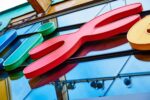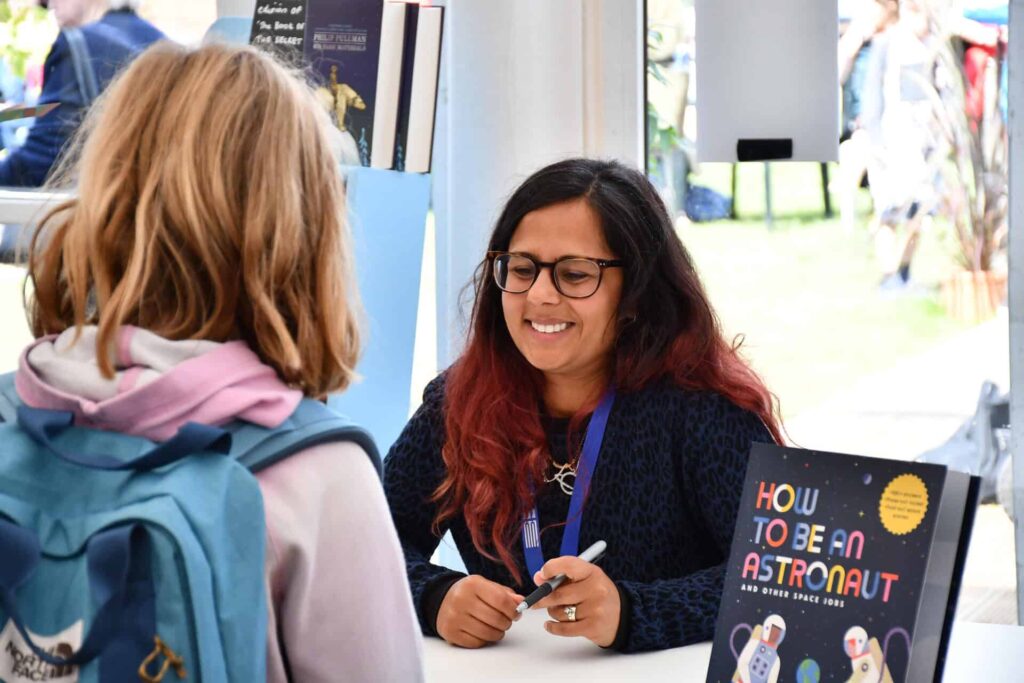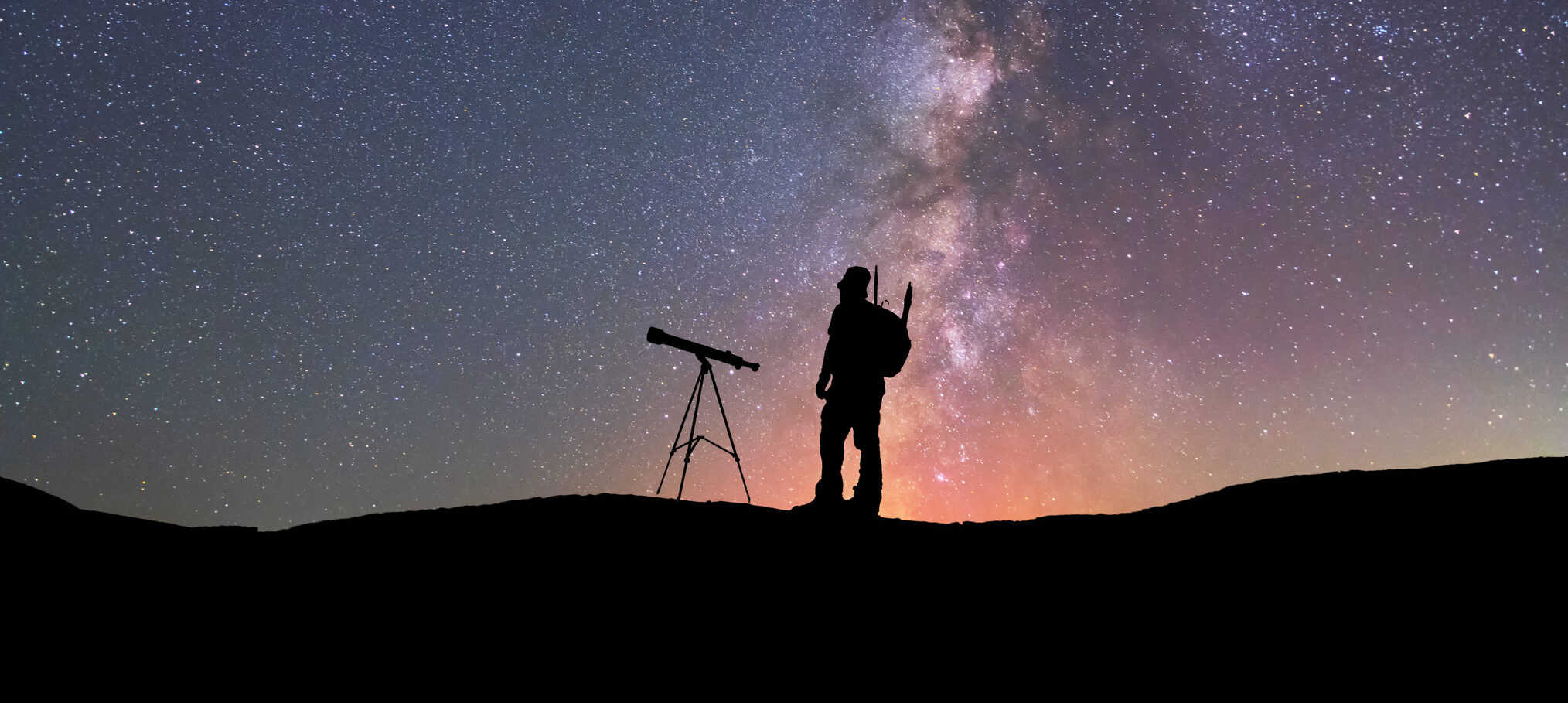
Dr Sheila Kanani MBE is an author and space engagement specialist.
As part of her PhD, she worked on the Cassini spacecraft, analysing Saturn’s magnetosphere as part of the UCL Mullard Space Science Laboratory. That work helped earn her a NASA Group Achievement Award.
In 2022, Sheila was awarded MBE for services to astronomy and diversity in physics. She is dedicated to improving the representation of girls and women in STEM.

“When I was at school, I was so inspired by space. I wanted to be an astronaut.
I remember writing a lot of letters to all sorts of people involved with space, asking if I could just come and work with them for a week. I was really proactive.
It can be tiring, and you may face barriers. But when you know that something is for you – whether it’s space or something else – don’t let anyone tell you that you’re not able to do it.
Try to find work experience in the industry, that puts you with like-minded people who have that same buzz. Network and talk to people.
I did work experience once at the Mullard Space Science Laboratory at UCL. It was only a week, and I mostly made cups of tea, but if I hadn’t done that, I might never have known about it to do my PhD there all those years later.
By the time I got to PhD level, I’d done a lot of research on what you needed to do to become an astronaut. But then I discovered that I loved talking about everything we were doing and learning and explaining it to others.
I did some voluntary work, getting into things like science comedy with Bright Club, talking to people about science in unusual settings. I also spent a couple of years teaching science and physics.
I learned so much about how to break things down and communicate in ways I’d never done before. But I missed that focus on space and astronomy, which is why I was so excited when a job as Education, Outreach and Diversity Officer at the Royal Astronomical Society came up.
Today, I say I’m a space educator. I’m lucky that I ended up where I did because it brings everything together and I use my background in ways I never expected to.
It’s been a really winding journey. I teach, freelance, write books and do diversity training. Every day is different. One day I’ll be teaching three-year-olds about planets, and the next I’ll be talking about the need to have more women at universities. I’ve started to try things rather than say, “I’m not the expert in that”.
When we go to talk at schools, a lot of people ask what you can do with a degree in physics. And my response is that you can do pretty much anything. You can work with numbers, meet people, and use maths that people came up with 400 years ago. There aren’t many subjects where you can say that.
Everyone loves learning about how to be an astronaut, but there are 150 people behind every astronaut in mission control. There are space artists, space vets, space chefs, space lawyers, and so on. Basically, if you have a hobby, you can make it a space job. For example, how would we go about farming on other planets?
There are also civilian projects as well, doing things like planet hunting and sifting through data at home. You’re doing real science, and it can be groundbreaking.
The things I was taught and the things I talk about today are so different. When I was starting out, I’d never heard of astro-biology, and now you can be a professor of it. You’ve got the images of the James Webb Space Telescope coming through too. I love Hubble, and I just didn’t appreciate how much better it was going to be until I saw the images side by side. The clarity was astounding.
I’d be really surprised if – in the next generation’s lifetime – we didn’t go back to the moon or to Mars. I’d love to see human space flight, taking some people out there. And maybe finding aliens, of course.
